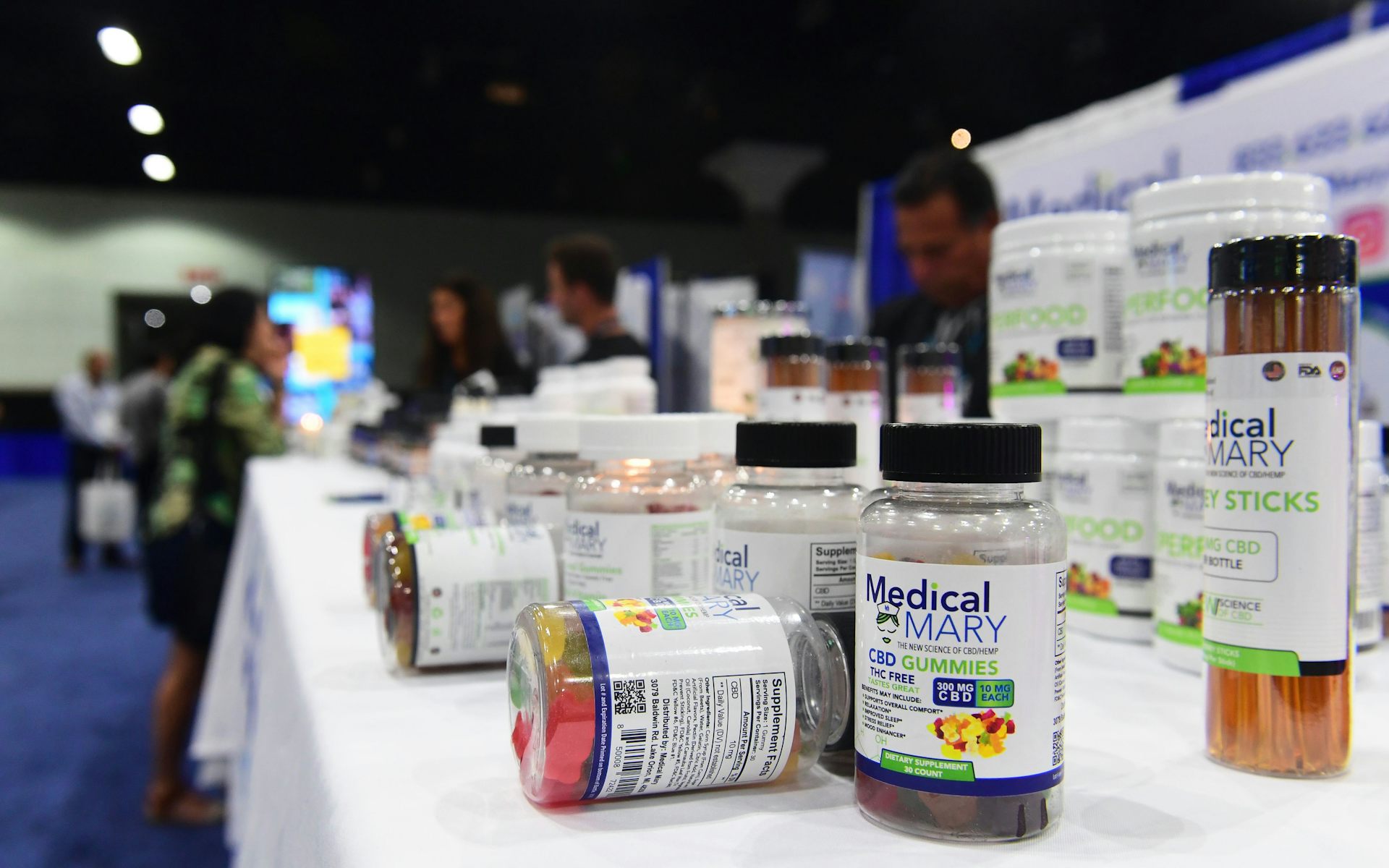

Vaporization as a smokeless cannabis delivery system: a pilot study.

Smoked medicinal cannabis for neuropathic pain in HIV: a randomized, crossover clinical trial.

J., Toperoff, W., Vaida, F., van den Brande, G., Gonzales, J., Gouaux, B., et al. Cannabis in painful HIV-associated sensory neuropathy: a randomized placebo-controlled trial. B., Vizoso, H., Reda, H., Press, S., et al. A randomized, placbo-controlled clinical trial. Short-term effects of cannabinoids in patients with HIV-1 infection. Ware then outlines his pilot study of chronic neuropathic pain, calling for more research on benefits and risks of medical marijuana to satisfy medical profession’s need for objective science – meeting the “challenges of applying modern scientific methodology to a sacred herb”. Mark Ware, associate medical director at McGill University Health Centre in Montreal, discusses methods of using Cannabis – concluding that pipes and vaporizers are superior to “joints”.
FREE CLINICAL TRIALS FOR PAIN WITH CDB TRIAL
Medical Cannabis in Canada – Chronic Pain Trial by Mark Ware, MD – Beginning with a history of medical marijuana in Canada, Dr. Guy discusses clinical trials involving Multiple Sclerosis (MS), spinal cord injury and neuropathic pain. Describing Cannabinoid action as a “Super-Modulator”, Dr. Oromuscosal Cannabis-based Medicine, Geoffrey Guy, MD – “From Plant to Prescription Medicine” – Introduced by Don Wirtshafter, Geoffrey Guy, Founder and Executive Chairman, GW Pharmaceuticals, UK, explains why extracts of Phyto-Cannabinoids THC & CBD need to represent the natural balance of the Cannabis plant. Abrams also explains how State of California sponsorship of Medical Marijuana resulted in the University of CA Center for Medicinal Cannabis Research. Faculty Presentations of Clinical TrialsĪIDS and Pain: An HHS Study, by Donald Abrams, MD – Donald Abrams, Professor of Clinical Medicine, University of California, San Francisco, describes methodology of double-blind, placebo-controlled trial to determine if smoked marijuana is an effective analgesic for HIV patients with neuropathic pain. Listed below you will find links to papers and conference presentations on clinical trials with cannabis or cannabinoids.

FREE CLINICAL TRIALS FOR PAIN WITH CDB SERIES
The primary purpose of our biennial conference series is to present evidence-based research on the safety and efficacy of cannabis. At the same time, large well designed clinical trials are strongly recommended for various patient populations. All practicing physicians should be able to do such studies that can eventually result in large numbers. In other words, a physician should be allowed to prescribe cannabis to a patient who is not responding to current treatment to see if cannabis would be effective. The Institute of Medicine’s 1999 report on Marijuana as Medicine: Assessing the Science Base (pdf) noted the safety of cannabis and recommended that physicians be allowed to conduct n of 1 studies (n refers to the sample size, thus it would be a study to evaluate the effects of a drug on one patient). Patients Out of Time strongly supports clinical trials with cannabis. If not for the reefer madnessin the 1930s that led to the Marihuana Tax Act of 1937, which marked the beginning of the cannabis prohibition and the removal of cannabis from the pharmacopoedia, cannabis would have been grandfathered into modern medicine as was aspirin. Patients Out of Time strongly believes that there has been more than enough research to validate that cannabis is a safe and effective medication. The Catch 22 here is that the federal government has made it virtually impossible for researchers to study the therapeutic efficacy of cannabis. federal government, legislators, law enforcement officers and many healthcare professionals often use the “lack of clinical trials” with cannabis as a legitimate reason for continuing the marijuana prohibition. Placebo-controlled means that the effects of drug to be studied will be compared to the effects of a placebo given to a patient population. Double blind means that the patients and the medication dispensers do not know which medication (test drug or placebo) is being given at any time during the study. The gold standard for a drug to be approved as medicine is to have randomized double-blind placebo-controlled clinical trials to validate the efficacy of such drug. Clinical trials involve studies of a potential medication with real patients.


 0 kommentar(er)
0 kommentar(er)
